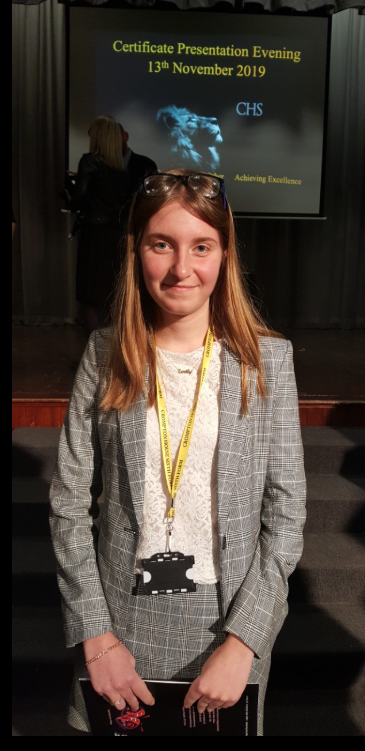French
Entry Criteria
- Mathematics GCSE Grade 4
Examination Board
Click here to visit the exam board course page for A Level French.
Teaching Staff
- Mrs Gadsby
- Mrs Clotuche
- Miss Barnay
We also have a native French language assistant who works individually with all Sixth Formers
France is home to prestigious art, music, dance, fashion, cuisine and cinema. This makes French a culturally significant language and French literature is one of the richest and most influential in the modern European world. The knowledge of French can open doors to important research, and careers in the fields of medicine, the environment, business, engineering and science and technology. French is one of the world’s major international languages: it is spoken by over 200 million people in 43 countries, on five continents. So wherever your future career choice takes you, studying French will give you an advantage.
Studying French at A Level will give you every opportunity to:
- Develop the knowledge and skills you acquired at GSCE Level and therefore use French in a wide range of contexts
- Gain a useful insight into another culture and reflect on various aspects of contemporary society
- Enhance your employment prospects, facilitate your foreign travel and have the enjoyment of using your linguistic skills
Languages are universally useful and you can combine French with any subject. Learning a foreign language improves your skills of analysis and interpretation and this can complement all your studies. As more and more companies work closely with businesses in other countries, many kinds of workers will be needed who can communicate in different languages and understand other cultures. No matter what career you choose, if you have learned a second language, you will have a real advantage.
As well as their taught lessons, our A Level language students have a dedicated hour one-to-one with a native language speaker as part of their timetable.
This significantly increases spoken language fluency and gives our students the opportunity to regularly practice their speaking in a low-pressure environment.
What will I study?
Year 12
Aspects of French-speaking Society: Current Trends
- The changing nature of family
- The ‘cyber-society’
- The place of voluntary work
Artistic culture in the French-speaking world
- A culture proud of its heritage
- Contemporary francophone music
- Cinema: the 7th art form
You will also study the film La Haine by the director Mathieu Kassovitz.
Year 13
Aspects of French-speaking society: current issues
- Positive features of a diverse society
- Life for the marginalised
- How criminals are treated
Aspects of Political Life in the French-Speaking World
- Teenagers, the right to vote and political commitment
- Demonstrations, strikes – who holds the power
- Politics and immigration
You will also study the novel No et Moi written by Delphine de Vigan and prepare your independent research project; a project on a topic of your choice related to the French-Speaking world.
What do our students say about French?
From GCSE to A Level, I like the fact that you learn topics which are day to day in your lives. This means that you are more interested in them because you meet them regularly, just in another language. I think it’s good to learn a new culture and the ways that French-speaking countries differ from ours. Also, learning a different language, in my opinion, is useful for the future.
At the start of the A Level, I would like to have known the extent to which you cannot prepare for the speaking exam. At GCSE, you can prepare your answers for different topics and be sure that you will receive some of these questions but at A level, the exam is more open so you need to think of the best answers in your head during the moment. In my opinion, this is harder to stay fluent and concise whilst speaking which can affect your marks.
For new Year 12s, I would recommend listening and watching to as much French as possible because, after a long period of not hearing the language, you will find it harder to understand but also more difficult to speak which is very important in the course.
Other than French, I study Biology and English Language. After Sixth Form, I am planning on going to university. Even if I don’t study anything to do with French, I believe that it will still help me in the future whether I visit a francophone country, or for communication within a job.

Although Emily might not directly use her French in her degree, languages A Levels are hugely valuable.
I love studying A Level French because it provides a great insight into the culture of France and the aspects of it that are possibly unknown to those outside of France. Also, you learn a lot of techniques about the spoken language that you didn’t know at GCSE, and it helps to all-round improve your ability to speak and comprehend others. In the second year of the course you do an independent research project about a topic of your choice which links to France.
My advice to new Year 12 students is make sure to surround yourself with the language as much as possible – watch films, TV shows, listen to music, podcasts and anything you can find. It really helps to improve the way you speak as you can pick up the accent faster and it helps to make you sound more seamless when you’re talking.
As well as French I am studying Art and Psychology. After Sixth Form I would like to go to university and am considering taking my French learning further.




